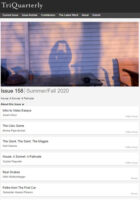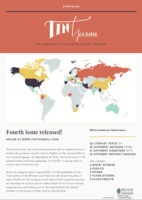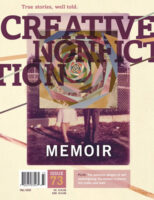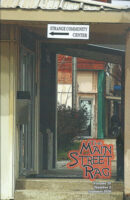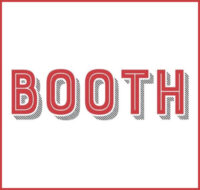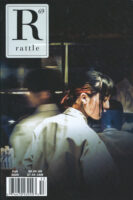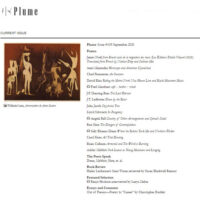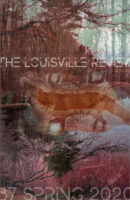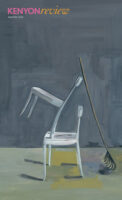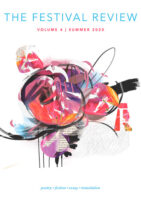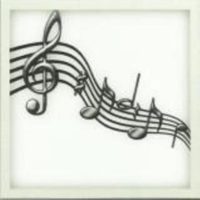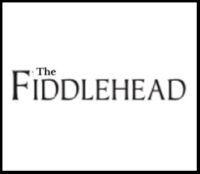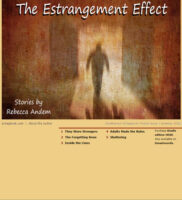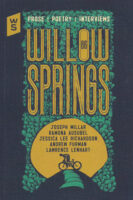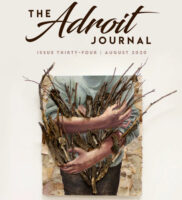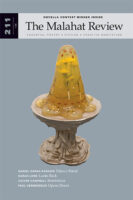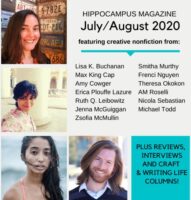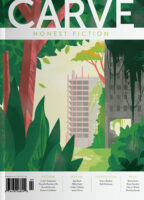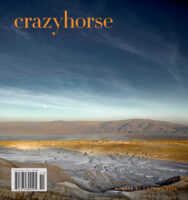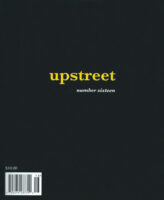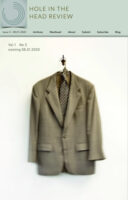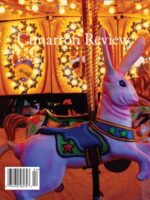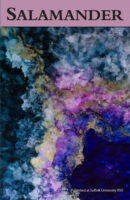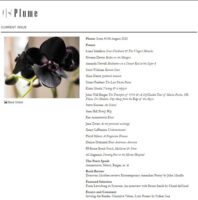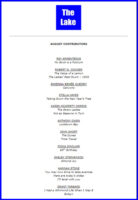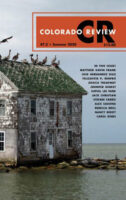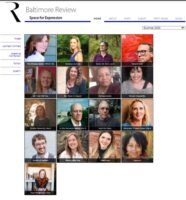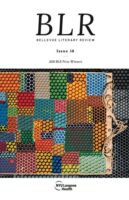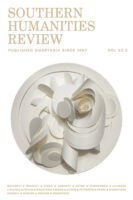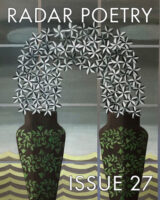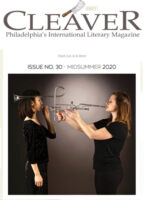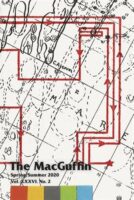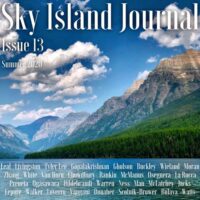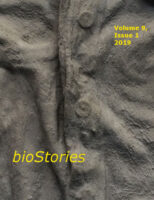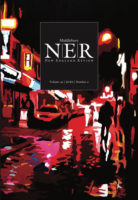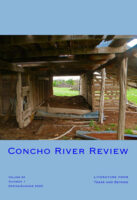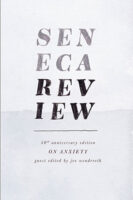 Guest Post by Marvel Chukwudi Pephel
Guest Post by Marvel Chukwudi Pephel
Should I say shame on me for not knowing about Grace Jones till this “Lockdown Year” when I read a February 3, 2020 article on The Cut where Janelle Monáe’s definition of Afrofuture was put forward by herself as: “It looks like an orgasm and the big bang happening while skydiving as Grace Jones smiles.”? The article was written by no other than the inimitable Roxane Gay. I remember rushing to do my homework on who Grace Jones is, and what her smile looked like.
I wouldn’t tell you that I enjoyed the task, but I wouldn’t also say it wasn’t worth the stress; maybe this was better reflected when Irenosen Okojie won the Caine Prize for African Writing, an award described by many as the African Booker. Her story was titled “Grace Jones” and she was announced the winner of the prize on July 27, 2020, almost six months after I first stumbled on the “original” Grace Jones. Irenosen Okojie’s winning story is about a Grace Jones impersonator who mourns the death of her family in a house fire.
Frankly speaking, the story is hugely experimental and may not appeal to readers of literary fiction. The story itself is as strange as a rainbow in the night sky can be. Here is a writer who isn’t scared to take risks, and for which the judges praised her thus: “risky, dazzling, imaginative and bold.” It is a story steeped in dark experimentation and yet offers a chance for entertainment. It is also worthy of note to know that the Nigerian-British author says the £10,000 award for African writing has given her confidence as a black and female experimental writer. This, to me, is a huge personal win; a win too for African speculative fiction.
Reviewer bio: Marvel Chukwudi Pephel is a prolific Nigerian writer who writes poems, short stories and other things besides.

